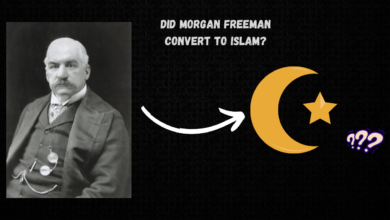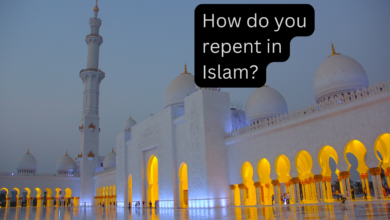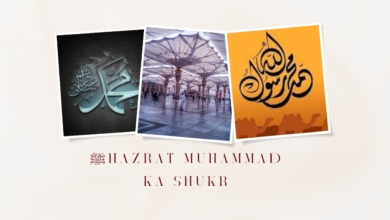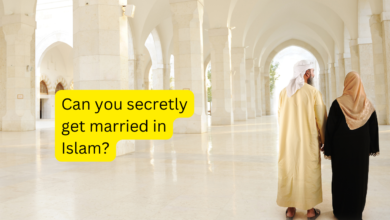
How to Greet in Muslim?
Muslims commonly greet each other with the phrase “As-Salamu Alaykum,” which means “Peace be upon you” in Arabic. The response is “Wa Alaykum As-Salam,” meaning “And upon you be peace.”
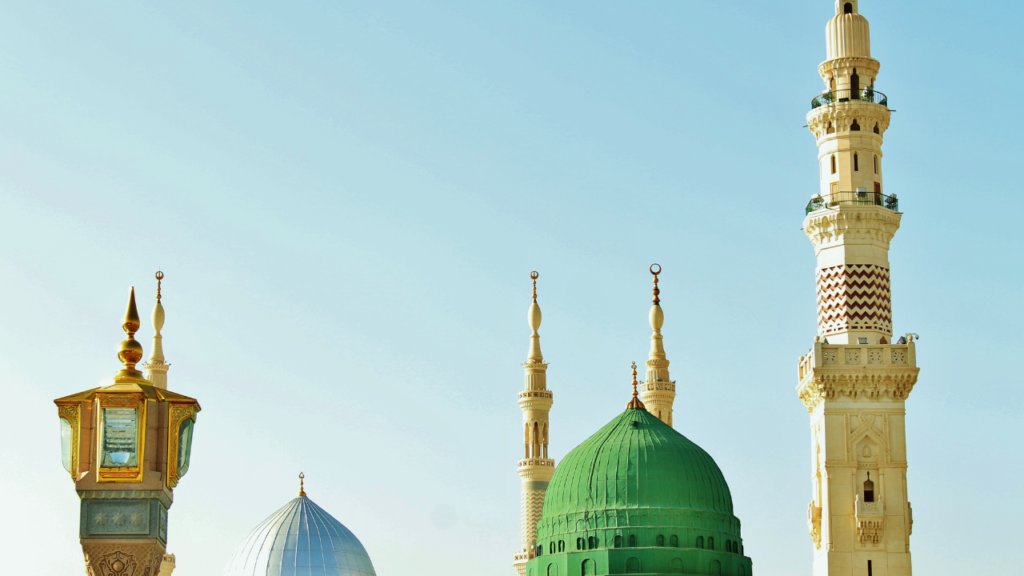
Introduction
Greetings play a significant role in human interaction, serving as a bridge that connects people and cultures. When it comes to greeting in Muslim culture, it’s essential to understand the nuances and traditions that shape these interactions. Muslims value warm and respectful greetings as a means of fostering connections and promoting unity among individuals of diverse backgrounds. In this article, we will explore the various ways to greet in Muslim culture, including common phrases and etiquettes.
The Universal Islamic Greeting: “As-Salaam-Alaikum”
One of the most widely recognized greetings in Muslim culture is “As-Salaam-Alaikum.” This phrase, pronounced as “ah-sah-LAHM-uh-lay-kum,” is an Arabic greeting that translates to “Peace be upon you.” It reflects the desire for peace and well-being for both the person greeting and the person being greeted. In response, it is customary to reply with “Wa-Alaikum-Salaam,” which means “And upon you be peace.”
This greeting is not only a warm and friendly exchange but also carries a spiritual significance, as peace is highly valued in Islamic teachings.
Physical Gestures and Etiquettes
In Muslim culture, greetings often involve physical gestures that convey respect and humility:
- Handshakes: While handshakes are common in many cultures, it’s essential to be mindful of the opposite gender. In more conservative Muslim communities, physical contact between unrelated men and women may be limited. It’s best to follow the lead of the person you are greeting; if they extend their hand, reciprocate with a handshake. If not, a nod and a warm smile suffice.
- Hugging and Cheek Kissing: Physical affection like hugging and cheek kissing is more prevalent between close family members and friends of the same gender. Always follow the lead of the person you are greeting, and when in doubt, a verbal greeting is a safe and respectful choice.
The Use of Titles and Honorifics
Titles and honorifics are often used in Muslim culture as a sign of respect. Some common titles include:
- “Sheikh” or “Shaykh” for a respected religious leader or scholar.
- “Haji” for someone who has completed the Hajj pilgrimage to Mecca.
- “Ustadh” for a teacher or instructor.
- “Sayyid” or “Sayyida” for descendants of the Prophet Muhammad.
Using these titles when appropriate shows respect for the individual’s accomplishments and contributions.
Also check
- Why Indonesia is Muslim?
- Do cats have 9 lives in Islam?
- How many types of shirk in Islam?
- What holidays do Muslims celebrate?
- Can Non Muslims go to Mecca?
Timing Matters: Greeting at the Right Moment
In Muslim culture, timing plays a significant role in greetings. Here are some key moments when greetings are especially important:
- Eid Al-Fitr and Eid Al-Adha: These are two major Islamic holidays when Muslims greet each other with phrases like “Eid Mubarak” (Blessed Eid) or “Eid Sa’id” (Happy Eid).
- Friday Prayer (Jumu’ah): Before and after the Friday congregational prayer, Muslims greet each other and exchange well wishes.
- Ramadan: During the holy month of Ramadan, Muslims greet each other with phrases like “Ramadan Kareem” (Generous Ramadan) or “Ramadan Mubarak” (Blessed Ramadan).
Respect Local Customs and Cultural Differences
It’s essential to recognize that Muslim culture is incredibly diverse, and greetings may vary based on regional customs and traditions. When greeting someone from a different cultural background, it’s advisable to inquire or observe local practices to ensure that you are respectful and considerate.
Conclusion
In Muslim culture, greetings are more than just words; they are a reflection of values, traditions, and spirituality. By understanding the significance of greetings like “As-Salaam-Alaikum” and the associated etiquettes, you can foster meaningful connections and demonstrate respect when interacting with Muslim individuals. Remember that the key to a successful greeting is sincerity, warmth, and a willingness to learn and adapt to different customs and traditions.
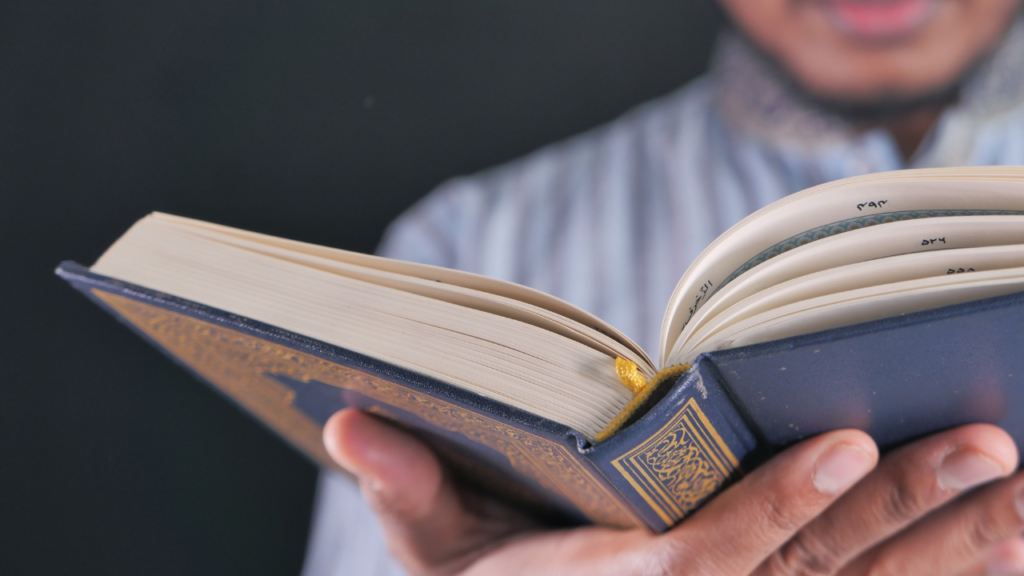
FAQs About How to Greet in Islam
How do Muslims typically greet each other?
Muslims commonly greet each other with the phrase “As-Salamu Alaykum,” which means “Peace be upon you” in Arabic. The response is “Wa Alaykum As-Salam,” meaning “And upon you be peace.”
Is it appropriate for non-Muslims to use the Islamic greeting?
Yes, it is generally considered respectful for non-Muslims to use the Islamic greeting when interacting with Muslims. It shows goodwill and respect for their culture and faith.
Are there any specific times or occasions when the Islamic greeting is used more frequently?
Muslims use the Islamic greeting “As-Salamu Alaykum” in various daily interactions and on all occasions as a gesture of peace and goodwill. It is not restricted to specific times or events.
How should I respond when someone greets me with “As-Salamu Alaykum” if I’m not a Muslim?
You can respond with “Wa Alaykum As-Salam” as a way to reciprocate the greeting, even if you’re not Muslim. It is a sign of respect and acknowledgment of the goodwill expressed.
Are there any specific gestures or body language associated with the Islamic greeting?
While saying the greeting, it is customary for Muslims to extend their right hand and offer a gentle handshake. However, some individuals, especially those of the opposite gender, may prefer not to shake hands due to religious beliefs, so it’s essential to be respectful of their preferences.
What if I forget to respond to the greeting with “Wa Alaykum As-Salam”?
If you forget to respond with the customary reply, it’s not considered impolite or disrespectful. People often understand that this can happen, especially in multicultural settings.
Can I use a different greeting if I’m uncomfortable using “As-Salamu Alaykum”?
While it is respectful to use the Islamic greeting, you can use alternative polite greetings if you feel more comfortable, such as “Hello” or “Hi.” The key is to maintain a friendly and respectful tone in your interactions.
Are there variations of greetings in different Muslim-majority countries?
Yes, there can be variations in greetings across different Muslim-majority countries and cultures. While “As-Salamu Alaykum” is widely used, some regions may have their unique greetings or variations of this greeting.
Is it important to maintain eye contact when greeting someone in Islam?
Maintaining eye contact is a sign of sincerity and respect in Islamic greetings, just as it is in many cultures. It helps convey your genuine interest and goodwill in the interaction.
Are there any other common greetings or phrases used in Islamic culture?
Yes, besides “As-Salamu Alaykum,” Muslims may also use phrases like “Good morning” (Sabah al-khayr), “Good evening” (Masaa’ al-khayr), or “Welcome” (Ahlan wa sahlan) in their daily interactions.
